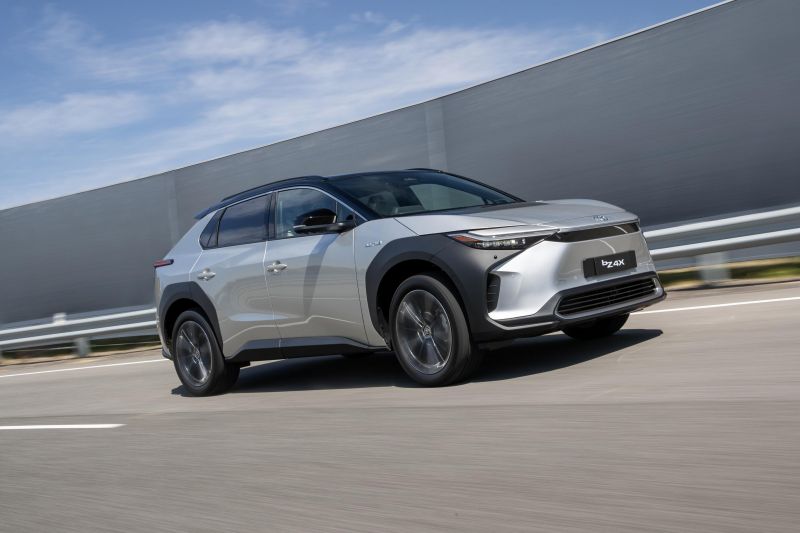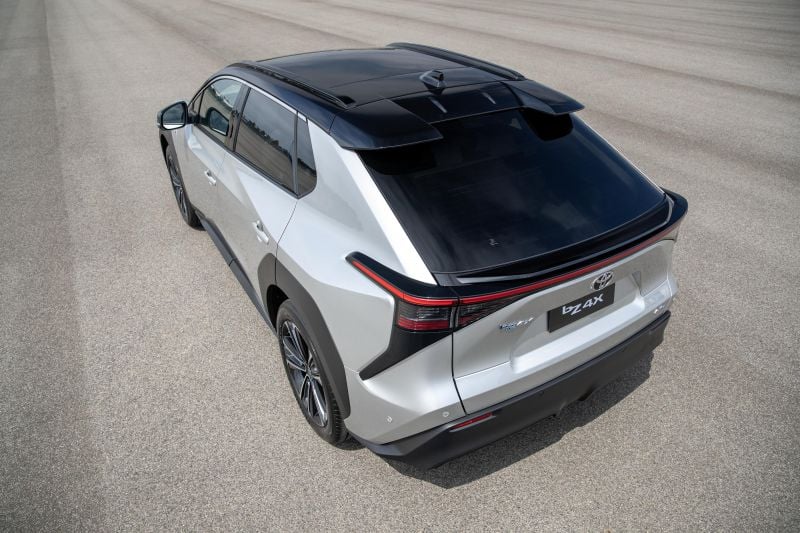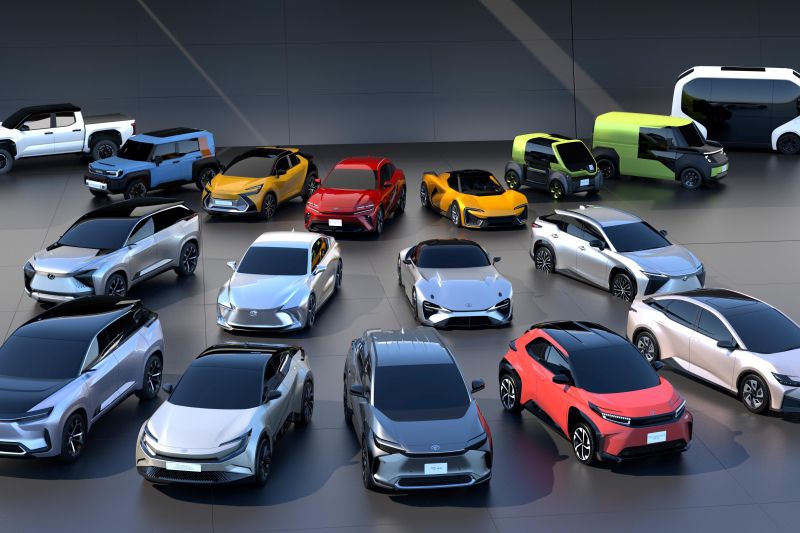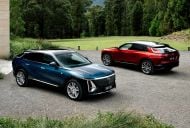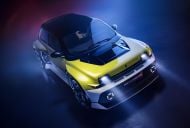Toyota has detailed the technology it thinks will make it a leader in the world of electric cars.
Executives speaking with Automotive News in Japan revealed solid-state batteries with up to 1450km of range, advanced over-the-air software updates, and slicker aerodynamics are all being weighed up under the banner of “Let’s change the future of cars”.
“We are determined to be the world leader in batteries,” said Toyota chief technology officer, Hiroki Nakajima, as reported by Automotive News.
“We will need various options for batteries, just like we have different variations of engines. It is important to make these batteries compatible with any kind of model.”
Currently, the lithium-ion battery in the bZ4X SUV is good for up to 516km of range on the WLTP combined test cycle.
The next-generation lithium-ion batteries due in 2026 will be good for 1000km, according to Toyota.
Toyota says they’ll be 20 per cent cheaper than current batteries to produce, and will charge from 10 to 80 per cent in 20 minutes on a DC public fast charger.
The next step from there is solid-state batteries with up to 1450km of range.
Along with batteries, a key factor in extending EV range is aerodynamics. Toyota says it will lean on knowledge from its Mitsubishi Heavy Industries aerospace subsidiary to hit a coefficient of drag below 0.20 – currently, the most aero-efficient vehicles sit around the 0.21 mark.
Finally, Toyota will overhaul its processes to make production of its next-generation vehicles much faster.
Using a giga press, the brand says it can stamp complex parts in one piece “overwhelmingly faster” than is currently possible.
These new presses will be rolled out in 2026, along with a new production process designed to eliminate “anchored” production lines by having cars drive themselves to the parts like oversized remote control toys.
By doing so, Toyota says it can remove the need for fixed conveyor belts or hangers running through a factory.
Although it has bold plans for the future, Toyota is currently behind the electric car curve in Australia. It still hasn’t rolled out the bZ4X SUV locally – and globally, the car has been hit by recalls related to the wheels falling off.
By 2030, however, Toyota wants to be selling 3.5 million electric cars annually. Lexus will be electric-only by 2030 in Europe, North America, and China, and will sell only electric cars globally by 2035.





